Hispanic Heritage Month is celebrated from September 15-October 15 annually. This timeframe is significant as it commences with Independence Day anniversaries for several Latin American countries, including Costa Rica, Guatemala, Mexico and Chile. The 2024 theme is “Pioneers of Change: Shaping the Future Together.”
During this time, We Are Blood honors Hispanic pioneers who have and continue to impact both healthcare and blood science, improving patient care, making significant strides in medicine, and changing the face of the medical profession.
 Serena Auñón-Chancellor
Serena Auñón-Chancellor
Serena Auñon-Chancellor was born in Indiana in 1956 to a Cuban father and American mother. She studied at McGovern Medical School at the University of Texas Health Science Center in Houston, and she received her master’s degree in public health at the University’s medical branch in Galveston. Soon after, she became an astronaut!
Auñon-Chancellor was the first Hispanic physician to travel to space to conduct research around Parkinson’s disease and cancer. Although her achievements in space are impressive, she played an integral role here on Earth, caring for patients, especially during the COVID-19 pandemic.
While her time aboard the International Space Station and in caring for coronavirus patients taught her many invaluable lessons – Serena has stated that two of the most essential are self-care and teamwork.
 Julio Frenk
Julio Frenk
Julio Frenk’s grandparents fled Nazi Germany in the 1930’s and found a haven in Mexico. Born there, Julio was always grateful for the opportunity Mexico gave his family to thrive and was raised to believe in the power of giving back. Throughout his career, Julio studied medicine, public health, and education.
He served as Mexico’s Minister of Health, expanding healthcare to more than 55 million uninsured Mexicans, and as dean of the Harvard T.H Chan School of Public Health where he encouraged faculty and students to address difficult health issues like poverty, failing health systems, humanitarian crises, and pandemics.
Receiving the Frank A. Calderone Prize, public health’s most prestigious honor, Frenk now presides over the University of Miami — the first Hispanic person to do so — and is recognized as an eminent authority on global health.
 Cesar Milstein
Cesar Milstein
Born in Argentina, César Milstein made education a priority. After graduating from the University of Buenos Aires with a Ph. D., he accepted a position with the National Institute of Microbiology in Buenos Aires. Milstein went on to earn another Ph.D. from Cambridge University and became a member of the Medical Research Council Laboratory of Molecular Biology in Cambridge, England.
Primarily studying antibodies to help diagnose and treat disease, Milstein was awarded the Nobel Prize in 1984 – along with Georges Köhler and Niels K. Jerne – for developing monoclonal antibodies, often used in pregnancy tests, blood cell typing, and detection of viruses, pathogens, and bacterial diseases. While the discovery was a novelty during his time, it is still relevant today.
 Carlos Juan Finlay
Carlos Juan Finlay
A graduate of Jefferson Medical College in Philadelphia, Carlos Juan Finlay studied epidemiology and was appointed by the Cuban government to identify the cause of yellow fever. For years, experts thought yellow fever was an air-born illness; however, after seeing a correlation in the outbreaks of yellow fever and the increase in mosquito population, Finlay hypothesized that mosquitoes transferred yellow fever from those infected to healthy people.
After enduring nearly 20 years of skepticism and criticism from his medical community, Finlay was finally able to convince Walter Reed of the U.S. Army Yellow Fever Board to study mosquitos as a possible transmitter of the disease. Reed’s findings confirmed Finlay’s hypothesis was correct. The discovery helped eradicate yellow fever in Panama and Cuba and improve effective mosquito control.
After his death, the Finlay Institute for Investigations in Tropical Medicine was established in his honor.
Shaping the Future Together
The legacy of each of these individuals has helped enhance medicine, improve quality of care, and provide more opportunities for aspiring Hispanic medical professionals. This month, we celebrate these pioneers, among others not named here.
We encourage our fellow Central Texans to commemorate Hispanic Heritage Month by growing our diverse donor community and scheduling an appointment to donate this fall.


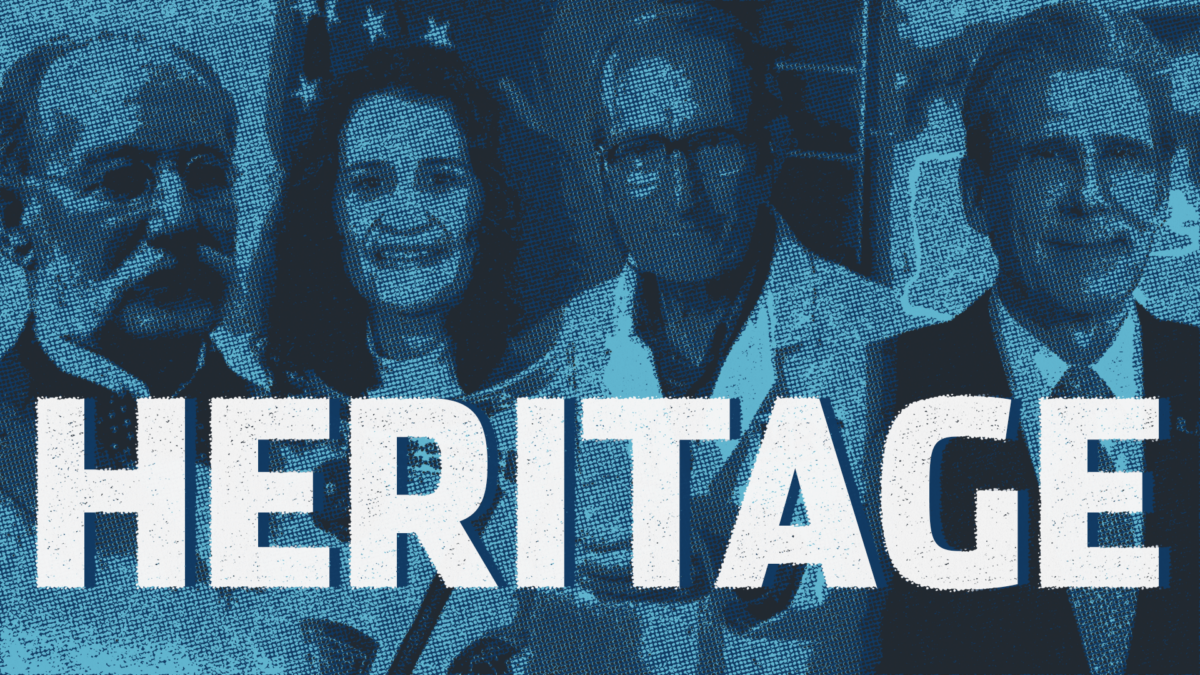
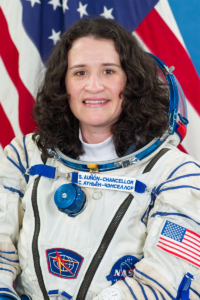 Serena Auñón-Chancellor
Serena Auñón-Chancellor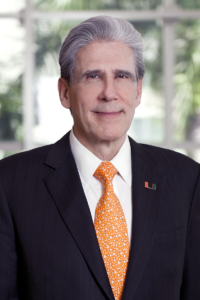 Julio Frenk
Julio Frenk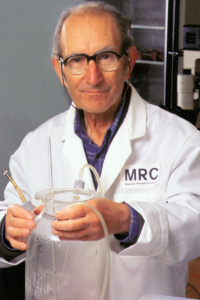 Cesar Milstein
Cesar Milstein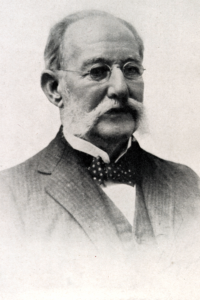 Carlos Juan Finlay
Carlos Juan Finlay